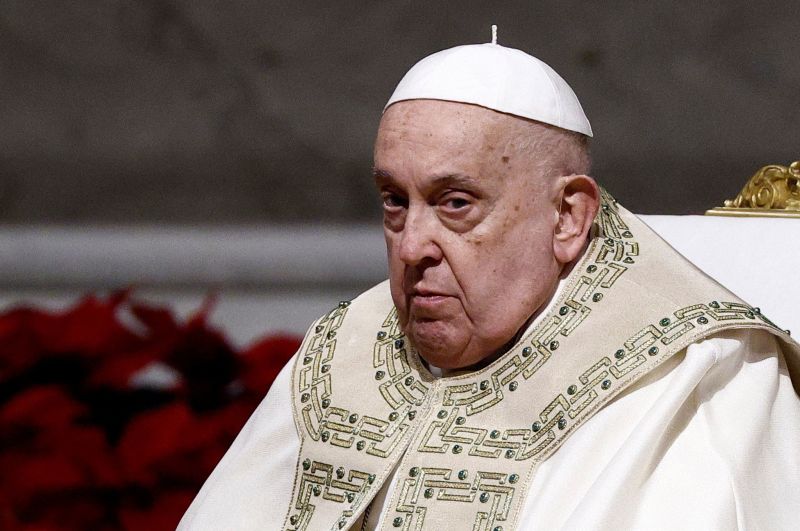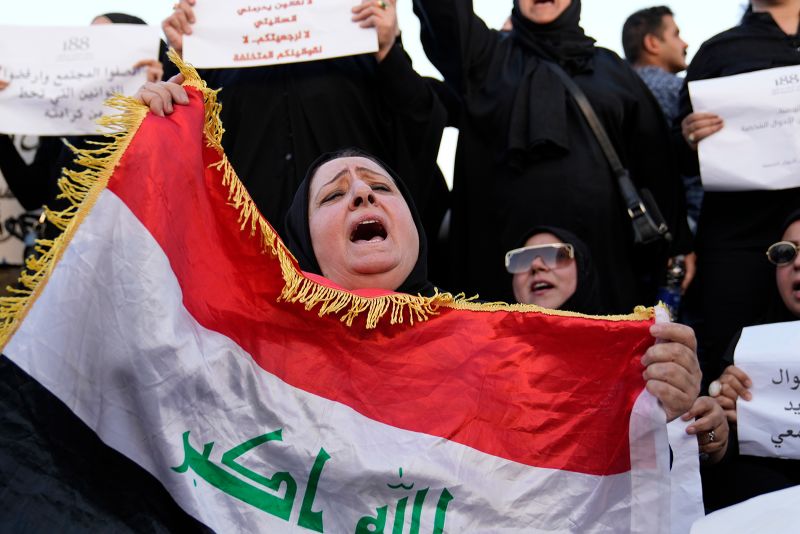Pope Francis dissolves influential Peruvian Catholic group after investigation found ‘sadistic’ abuses
January 22, 2025
Pope Francis is taking the highly unusual decision to dissolve an influential Catholic group from Peru which has been plagued by allegations of abuse from within its community, including allegations related to its founder, for more than a decade.
News of the decision to dissolve the Sodalitium Christianae Vitae, which at one point had 20,000 members across South America and parts of the United States, was confirmed in a statement by the group, although the Vatican has yet to comment or publish anything official about the move.
The decision to suppress the Sodalitium was first reported by Spanish-language site Infovaticana with the Sodalitum saying the “central information” in that report was true but that “it contained several inaccuracies,” although it did not specify what these were.
A papal decision to dissolve or suppress a Catholic religious community is rare and in the Sodalitium’s case follows attempts by the church hierarchy to reform the group and a 2023 Vatican investigation which uncovered “sadistic” abuses of power, authority and spirituality. Its founder, Luis Fernando Figari, had earlier been found to have sodomized recruits along with accusations of serious financial mismanagement, according to a 2017 outside investigation ordered by Sodalitium.
After the Vatican probe carried out by Archbishop Charles Scicluna and Monsignor Jordi Bertomeu, Figari was expelled from the order by the pope in August 2024 and a month later the pope expelled 10 more of its leading members. One of those expelled was found to have carried out “abuse in the exercise of the apostolate of journalism,” an unusual charge.
But the victims have waited years for church authorities to act, with victims lodging complaints with the Archdiocese of Lima in 2011 and reportedly even earlier. A turning point came with a 2015 book, “Half Monks, Half Soldiers,” written by one of the victims, Pedro Salinas, and journalist Paola Ugaz.
Founded in 1971 in Peru as a lay group (a “Society of Apostolic Life of Pontifical Right”), the Sodalitium exercised huge influence as it sought to recruit mostly young white boys from elite Catholic schools and upper and middle-class families with political or business links.
It was also politically driven as a fight back against the rise of liberation theology in Latin America, a radical movement which began in the 1960s and focussed on supporting the poor.









